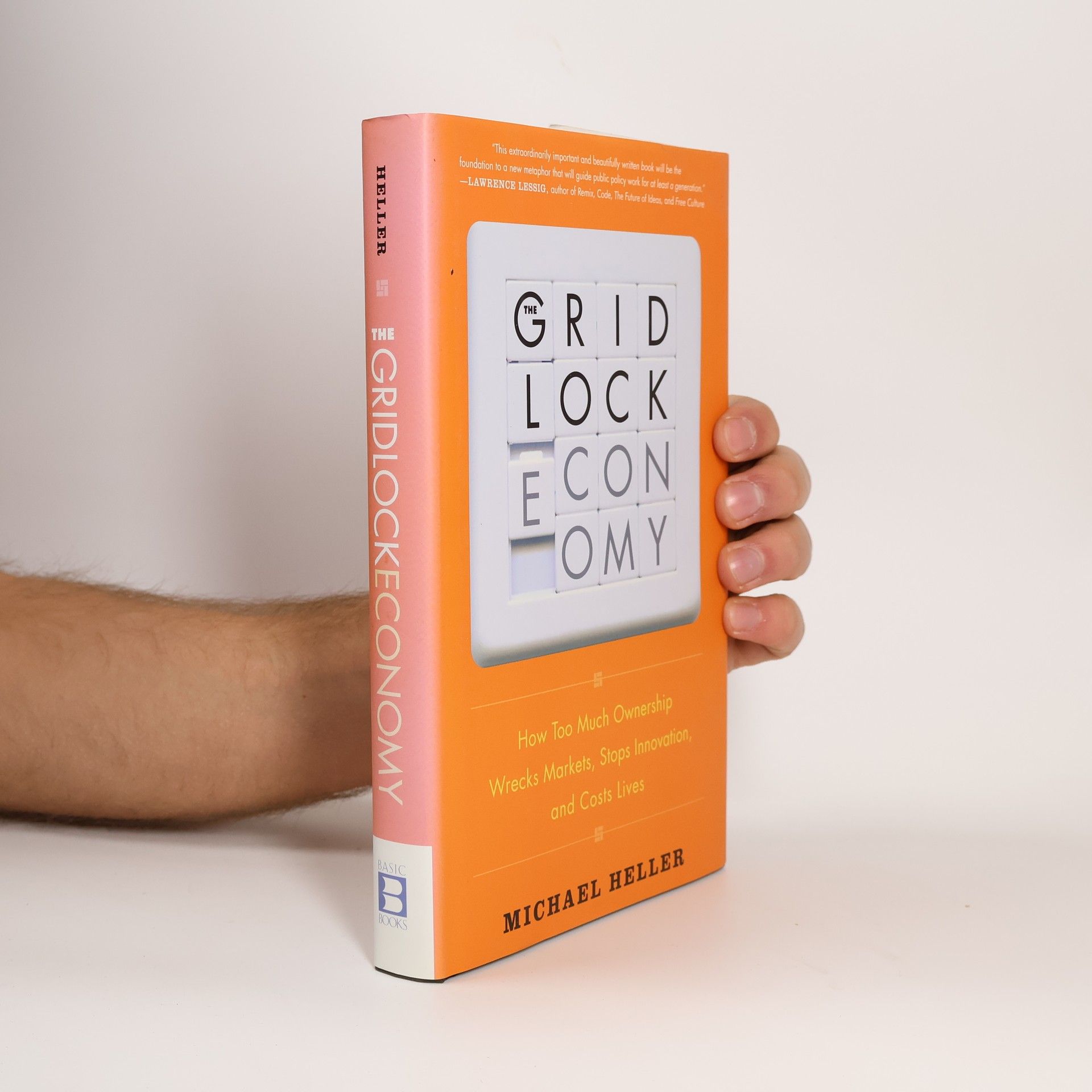Exploring the intersection of language and the sacred, this book delves into the intricate relationship between poetry and philosophical thought, particularly through Judaic and Buddhist lenses. It examines the poetics of influential figures like Walter Benjamin and Heidegger, while analyzing the works of Objectivist poets such as Oppen and Reznikoff, alongside notable voices like Hyam Bialik and Wallace Stevens. The text emphasizes how sacred inscriptions in language shape poetic expression and interpretation.
Michael Heller Book order (chronological)
Michael Heller is a celebrated poet, essayist, and memoirist whose extensive body of work delves into profound questions of existence and the human condition. His writings are characterized by sharp intellect and a unique perspective on the world, often immersing themselves in philosophical and metaphysical themes. Heller's style is both precise and evocative, with his poetry and prose offering readers a thought-provoking and enriching experience. His texts explore the complexities of memory, language, and the perception of reality.






A Liberal Theory of Property
- 250 pages
- 9 hours of reading
Property enhances autonomy for most people, but not for all. Because it both empowers and disables, property requires constant vigilance. A Liberal Theory of Property addresses key questions: how can property be justified? What core values should property law advance, and how do those values interrelate? How is a liberal state obligated to act when shaping property law? In a liberal polity, the primary commitment to individual autonomy dominates the justification of property, founding it on three pillars: carefully delineated private authority, structural (but not value) pluralism, and relational justice. A genuinely liberal property law meets the legitimacy challenge confronting property by expanding people's opportunities for individual and collective self-determination while carefully restricting their options of interpersonal domination. The book shows how the three pillars of liberal property account for core features of existing property systems, provide a normative vocabulary for evaluating central doctrines, and offer directions for urgent reforms.
Mine!
- 288 pages
- 11 hours of reading
“Mine” is one of the first words babies learn, and by the time we grow up, the idea of ownership seems natural, whether we are buying a cup of coffee or a house. But who controls the space behind your airplane seat: you, reclining, or the squished laptop user behind you? Why is plagiarism wrong, but it’s okay to knock off a recipe or a dress design? And after a snowstorm, why does a chair in the street hold your parking space in Chicago, while in New York you lose both the space and the chair? In Mine!, Michael Heller and James Salzman, two of the world’s leading authorities on ownership, explain these puzzles and many more. Remarkably, they reveal, there are just six simple rules that everyone uses to claim everything. Owners choose the rule that steers us to do what they want. But we can pick differently. This is true not just for airplane seats, but also for battles over digital privacy, climate change, and wealth inequality. Mine! draws on mind-bending, often infuriating, and always fascinating accounts from business, history, courtrooms, and everyday life to reveal how the rules of ownership control our lives and shape our world.
A Freakonomics-style investigation into the mysteries of ownership, filled with counterintuitive insights and fascinating case studies. Who controls the space around an aeroplane seat: you or the person behind you trying to work on their laptop? Who owns your favourite football player? And why do Facebook and Google want your private data? In Mine! Michael Heller and James Salzman reveal the hidden economic and social rules that guide everyday life, demonstrating that much of what we assume about ownership is wrong. Whether a lost wallet, a playground swing or a London flat, Mine! explores what ownership means and why it governs everything we do
The Gridlock Economy
- 259 pages
- 10 hours of reading
Examines the consequences of excessive property rights creating an underuse of resources, addressing such issues as excessive patent rights that inhibit the development of life-saving drugs, real estate practices that lead to a loss of family estates, and copyright laws.